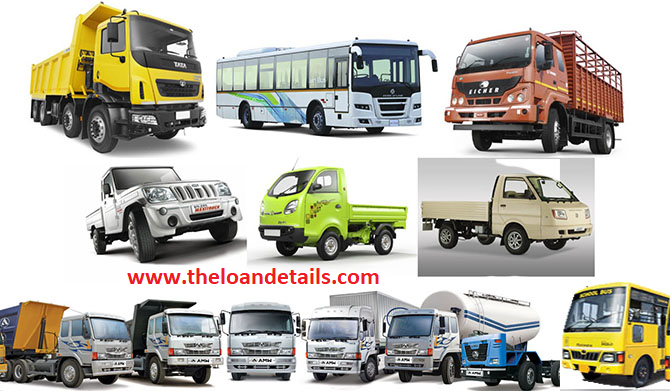Business loans come in various forms, catering to different financial needs and situations of businesses. Here are some common types of business loans:
- Term Loans:
- Term loans involve borrowing a lump sum amount for a specific term. Businesses repay the loan in regular installments, and the interest rate can be fixed or variable.
- Working Capital Loans:
- Working capital loans provide funds to cover a business’s day-to-day operational expenses, such as salaries, inventory, and utility bills. These loans help maintain smooth business operations.
- Equipment Loans:
- Equipment loans are used to finance the purchase of machinery, technology, vehicles, or other equipment essential for business operations. The equipment itself often serves as collateral.
- Commercial Real Estate Loans:
- These loans are designed to help businesses purchase, refinance, or improve commercial properties. They may be secured by the property being financed.
- Invoice Financing (Accounts Receivable Financing):
- Invoice financing allows businesses to borrow against their outstanding invoices. It provides immediate cash flow by advancing funds tied up in unpaid invoices.
- Business Lines of Credit:
- A business line of credit offers a revolving credit limit that businesses can draw from as needed. It’s a flexible financing option for managing short-term cash flow needs.
- Merchant Cash Advances:
- Merchant cash advances provide a lump sum upfront in exchange for a percentage of daily credit card sales. Repayments are made as a percentage of daily sales.
- SBA Loans (Small Business Administration Loans):
- SBA loans are government-backed loans with favorable terms. They include various programs such as 7(a) loans, CDC/504 loans, and microloans, providing financial assistance to small businesses.
- Business Credit Cards:
- Business credit cards are revolving credit lines that businesses can use for various expenses. They often come with rewards programs and benefits.
- Franchise Loans:
- Franchise loans are tailored for businesses looking to buy a franchise. They may cover franchise fees, equipment, and other startup costs.
- Start-Up Loans:
- Start-up loans provide capital for new businesses to cover initial expenses like equipment, marketing, and working capital.
- Bridge Loans:
- Bridge loans offer short-term financing to cover immediate needs, often used during a transition or while waiting for long-term financing.
- Microloans:
- Microloans are small loans typically provided by microfinance institutions to entrepreneurs, especially in developing economies, for small-scale businesses.
- Trade Finance:
- Trade finance includes various financial instruments and products to facilitate international trade, such as letters of credit, export financing, and import financing.
- Consolidation Loans:
- Consolidation loans help businesses consolidate multiple debts into a single loan with potentially lower interest rates and simplified repayment terms.
- Peer-to-Peer (P2P) Business Loans:
- P2P lending platforms connect businesses with individual lenders, allowing them to borrow directly from investors.
Business owners should carefully evaluate their financial needs, terms, and repayment capabilities before choosing a specific type of business loan. Additionally, the terms and availability of these loans can vary based on factors such as the business’s creditworthiness, industry, and the lender’s policies


